☆ Yσɠƚԋσʂ ☆
- 14.6K Posts
- 11.5K Comments

 3·8 hours ago
3·8 hours agoSeems like not, I guess we’ll see what this will look like soon.

 3·9 hours ago
3·9 hours agoFrom what I’ve read the goal is to create a settlement currency akin to Bancor aimed at state level transactions.

 61·9 hours ago
61·9 hours agoEvery indication that it’s going to work in style of Bancor, and it’s not a difficult thing to implement. It’s also very obvious that there is a huge incentive to create an alternative to SWIFT now with US being belligerent towards all the major countries that form BRICS. If you don’t understand that BRICS will have its own system of settlement in short order then you’re going to be in for quite the surprise.

 22·9 hours ago
22·9 hours agoNobody with a functioning brain believes that Russia planned to take Ukraine in 3 days, but I guess we already have plenty of evidence that no brains were involved in making of your comments. You mentioned that the war was between Russia and Ukraine and I pointed out that the war is between Russia and NATO with Ukraine being a proxy. I guess holding that much information is past your context limit. 😂
lmfao project much 😂

 61·9 hours ago
61·9 hours agoThat’s some adorable coping right there.
Here are some mainstream sources for you to cope over
- https://www.ft.com/content/3e2b2e63-082e-4058-ba92-dea580d4f40c
- https://blogs.worldbank.org/en/opendata/world-bank-country-classifications-by-income-level-for-2024-2025
- https://www.cnbc.com/2024/04/17/russia-forecast-to-grow-faster-than-advanced-economies-in-2024-imf.html
- https://www.bbc.com/news/business-68823399

 42·15 hours ago
42·15 hours agoI use this plugin (also available for FF) and it skips paywalls https://github.com/iamadamdev/bypass-paywalls-chrome

 33·16 hours ago
33·16 hours ago@JohnDClay@sh.itjust.works please explain
Ah yes, Russian propaganda as reported by mainstream western sources. 😂


That’s not what GDP measures. GDP measures profit companies are making, not the salaries employees get paid. Also, inflation does not directly correspond to the cost of living either. Again, please explain how in your mind Russia became a high income country if the economy is shrinking and inflation is outpacing wages. I eagerly await to see your reasoning.
if you aren’t using real GDP (inflation adjusted)
In the first quarter of 2024, the real gross domestic product (GDP) of Russia grew by 5.4 percent compared to the same quarter of the previous year.
You have to look at inflation in relation to wages, not GDP. How is it that you’re unable to understand such basic things? If the cost of living was outpacing salaries in Russia, please explain to me why the World Bank has just reclassified Russia as a high income country. I’m very curious to hear more about this new fangled economic theory you subscribe to. https://blogs.worldbank.org/en/opendata/world-bank-country-classifications-by-income-level-for-2024-2025

 11·19 hours ago
11·19 hours agoHow is it not even a part of our “conversation” when you were just claiming that Russia can’t take on Ukraine?
Eh… so russia can not take Ukraine but is superior to Europe. Makes sense. Is it the experienced cohesive army of russia that is capturing Kyiv on day looks at notes 3 of looks at calendar 886?
Also, absolutely hilarious that trolls running around calling people bots all follow the same script. 🤡
No it doesn’t, inflation and economic growth aren’t directly related. Russian economic growth has been around 5% https://www.statista.com/statistics/276951/gross-domestic-product-gdp-growth-rate-in-russia-by-quarter/

 23·21 hours ago
23·21 hours agoThe fact that you don’t even understand that this is a war between NATO and Russia clearly shows that your opinion can be safely discarded.

 32·22 hours ago
32·22 hours agoI really hope this ends these idiots once and for all.

 31·22 hours ago
31·22 hours agoWow that’s such insightful analysis you’ve got there. Let’s just see what people who actually have clue on the subject have to say https://rusi.org/explore-our-research/publications/commentary/attritional-art-war-lessons-russian-war-ukraine



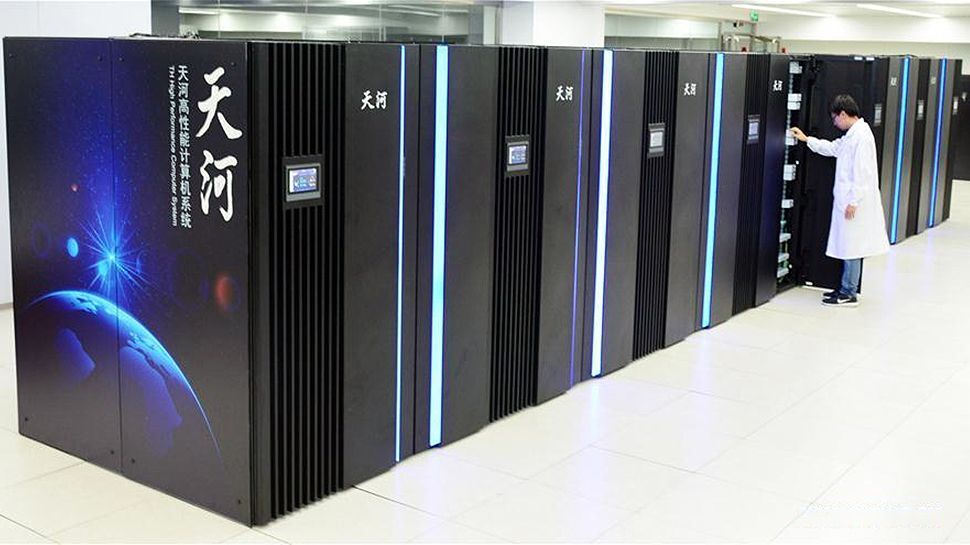





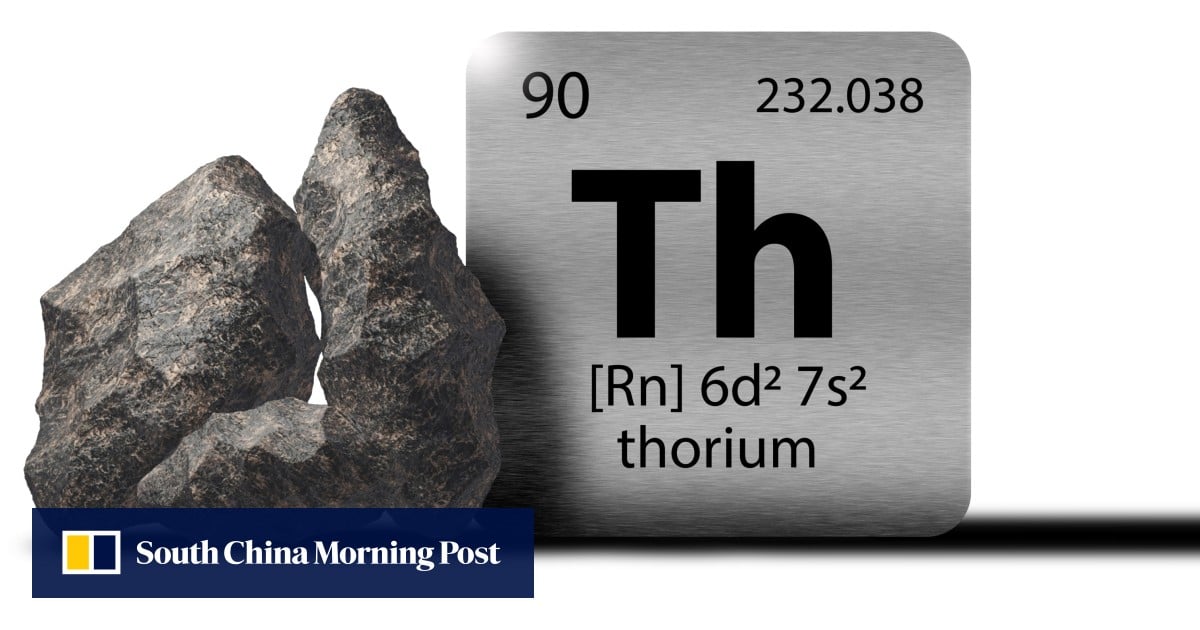



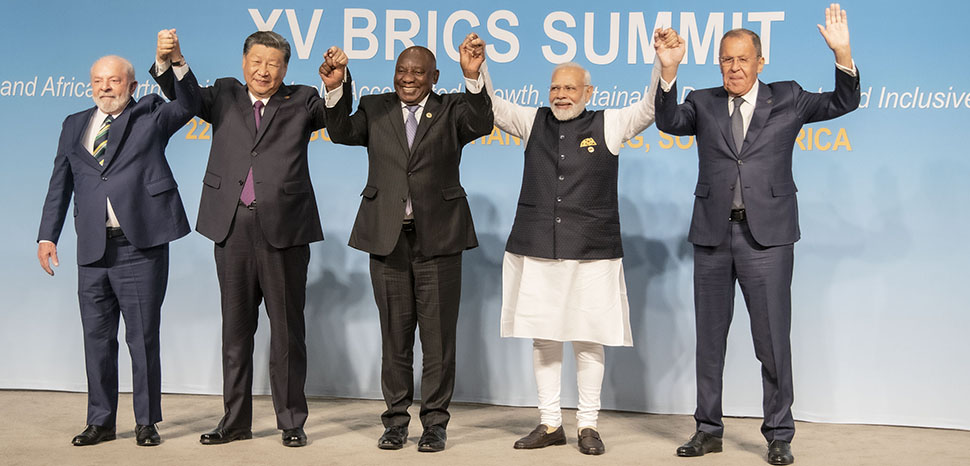
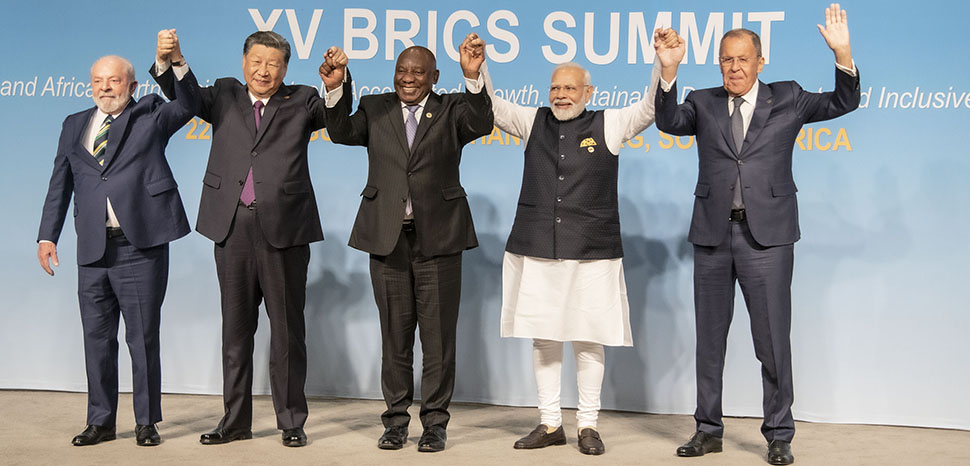


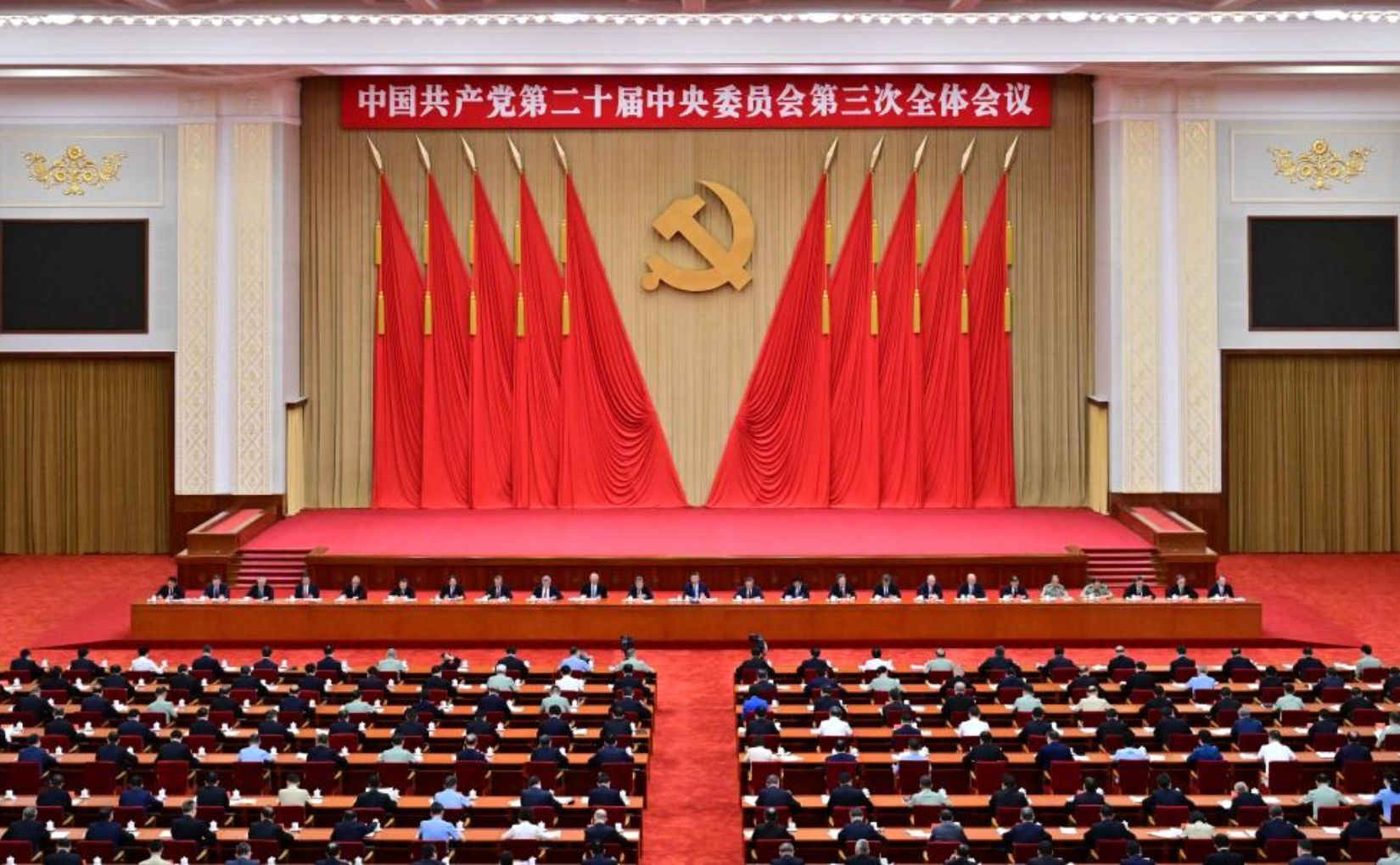

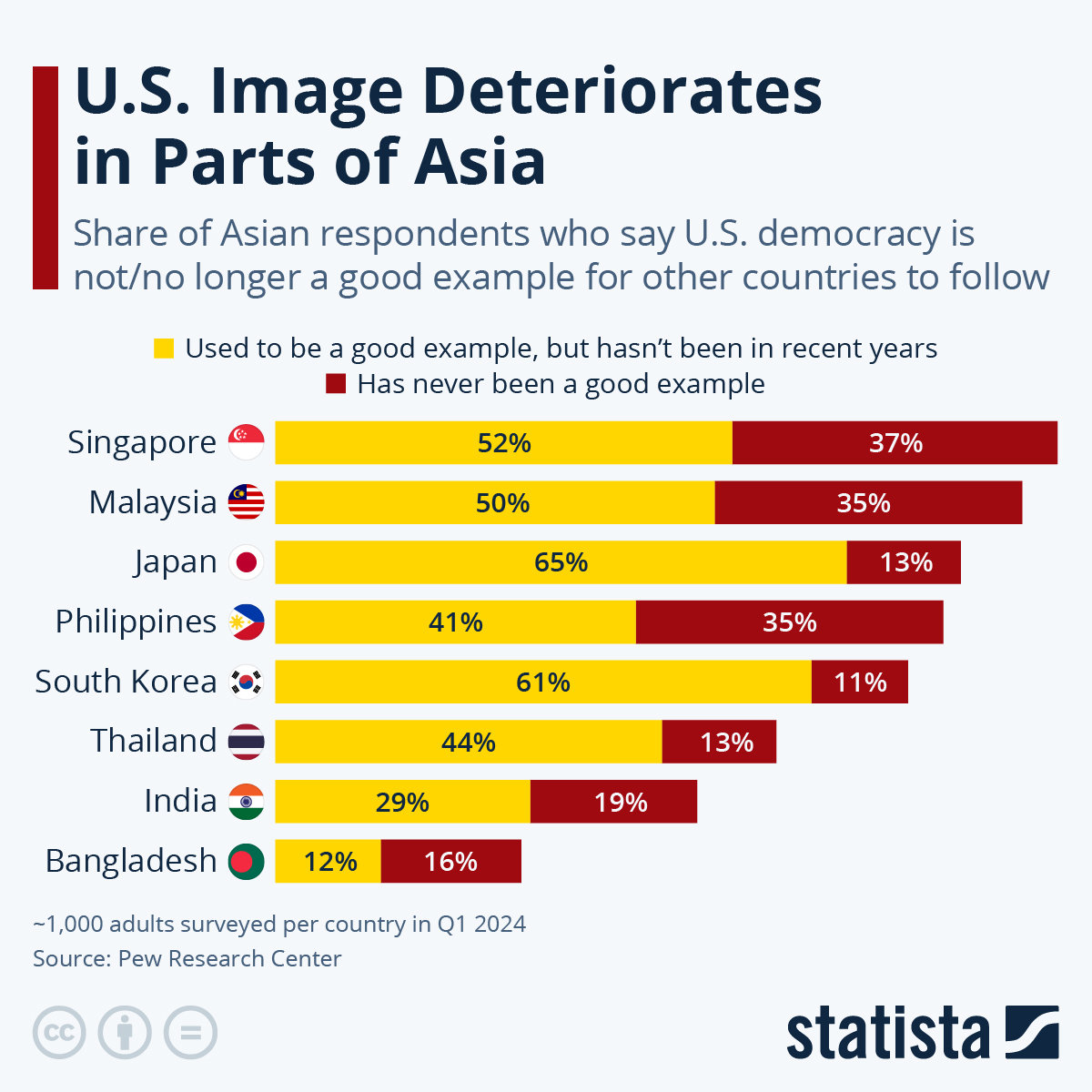


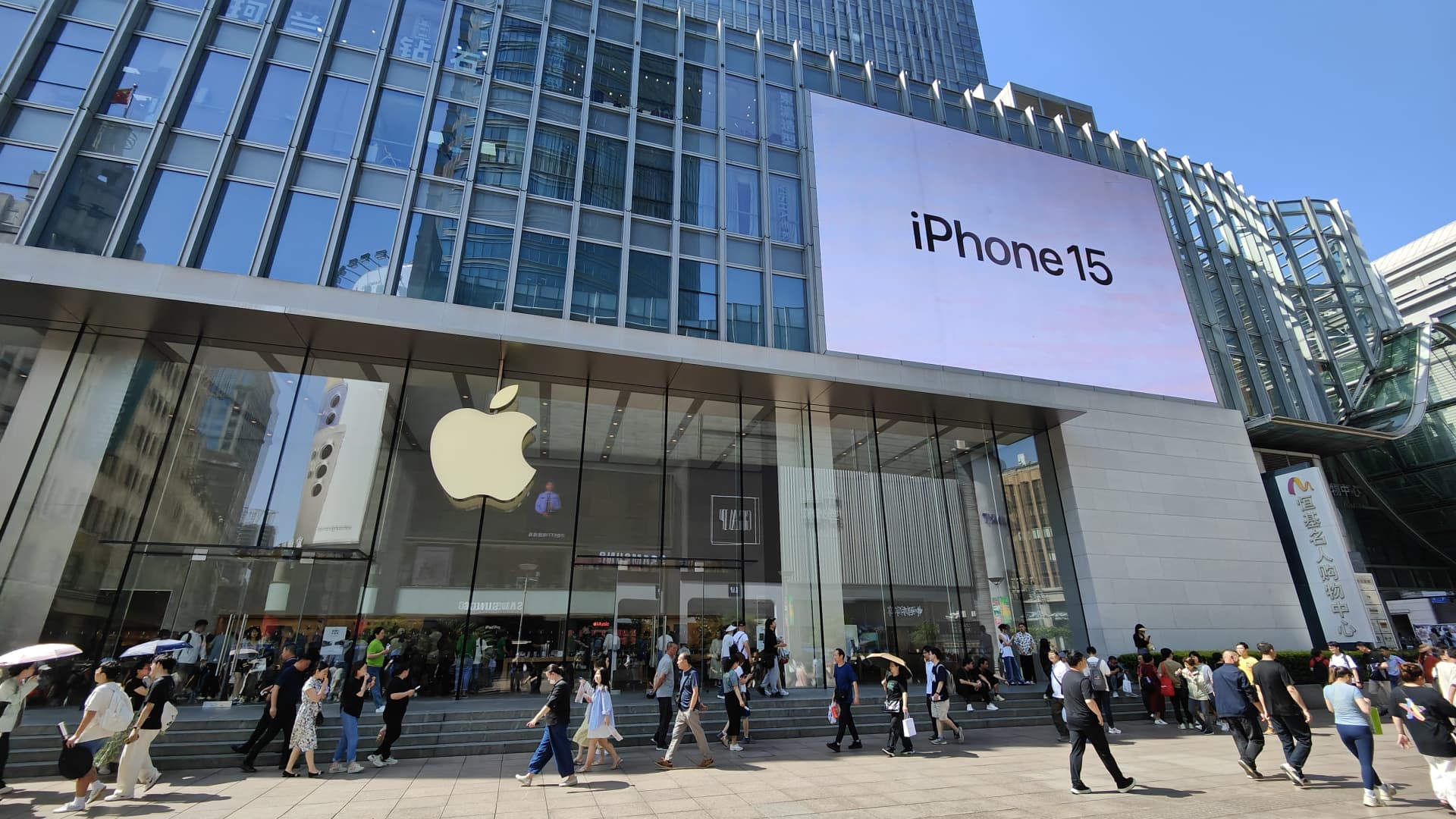



That’s a really good insight, it’s another manifestation of how capitalism breeds alienation.